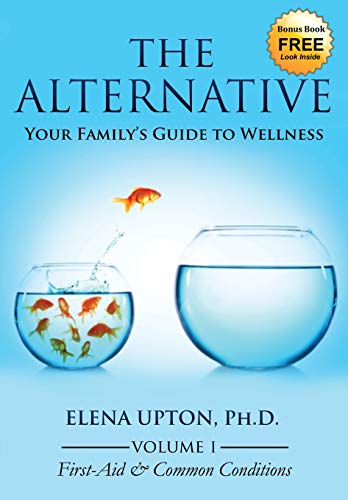 Casino Royale was Ian Fleming’s first novel, and the book that launched the global, iconic, legendary action adventure, espionage franchise that is James Bond/007.
Casino Royale was Ian Fleming’s first novel, and the book that launched the global, iconic, legendary action adventure, espionage franchise that is James Bond/007.
JAMES BOND PLAYS A DEADLY GAME OF CHANCE IN IAN FLEMING’S UNFORGETTABLE FIRST NOVEL
“Le Chiffre” is a ruthless operative and the money-man for a Soviet cell in France, but he’s on the verge of disaster after gambling away his client’s money. Taking the last of his stash to the casino, he lures a dozen wealthy players to a high-stakes game, hoping to hustle his way whole.
The British Secret Service would like to see this red thorn plucked from the hide of Europe, and sends their best card sharp, James Bond, to the baccarat table to bankrupt Le Chiffre for good. With the cards running against him and SMERSH operatives threatening to kill him and his beautiful counterpart, Vesper Lynd, 007 needs his luck to turn before he loses their lives to the mission.
I’ve seen plenty of Bond movies. Not a one of them is based on this book. Sean Connery is not in this book! My expectations were all based on preconceptions of Roger Moore, Timothy Dalton, Sean Connery.
The main character of this story is 007, but you’ve never met this guy before if you’ve only watched the Bond movies! The plot was confusing. The main story was over half-way through the book. What else is there to talk about? It wasn’t intriguing — it was confusing! The relationships made NO sense at all. Boy meets girl and is ready to propose marriage. Um . . . maybe spend some time together in the real world, away from the expensive resort before you go ring shopping?
I’m not going to jump on the “misogynistic objectification of women” band wagon. This book was written in the 1950s and, as such, is only low-hanging fruit not worth getting ones panties in a bunch!
So once you realize that this poor book was a victim of the Bond movies, you can sit back and enjoy the story. I wonder what the reaction was to these cinematic offerings in the 1960s? Were fans of these books thrilled or appalled? I think I’ll need to read #2 in this series to see if the movies just totally ran away with the Bond character or if he does show up, eventually, in Fleming’s writings.
3.5/5

